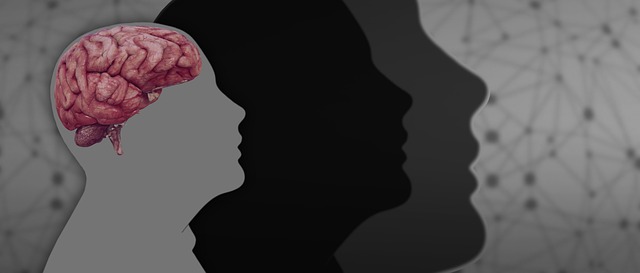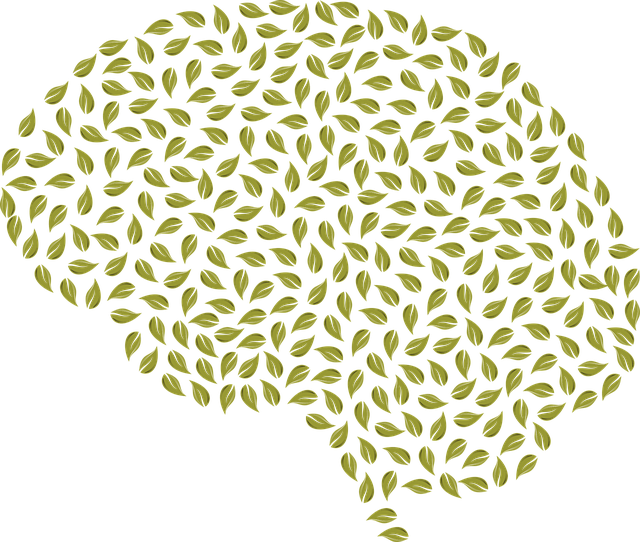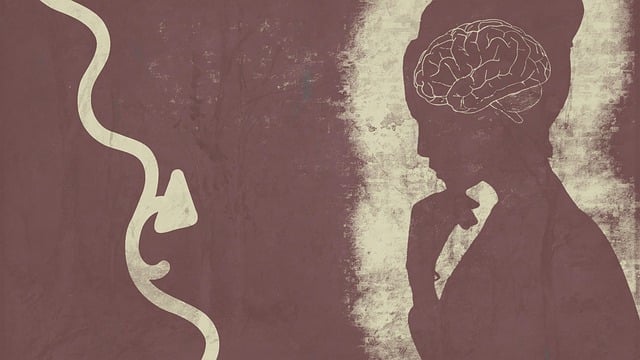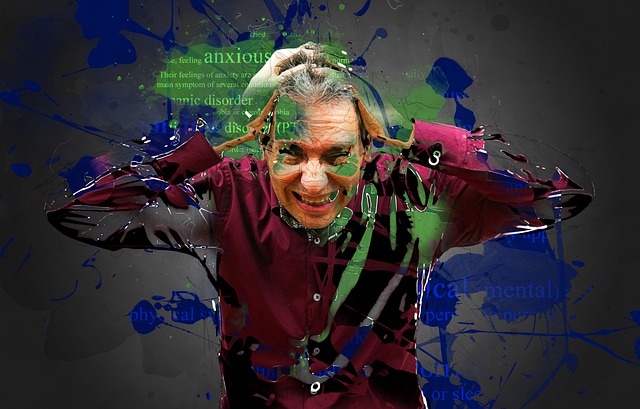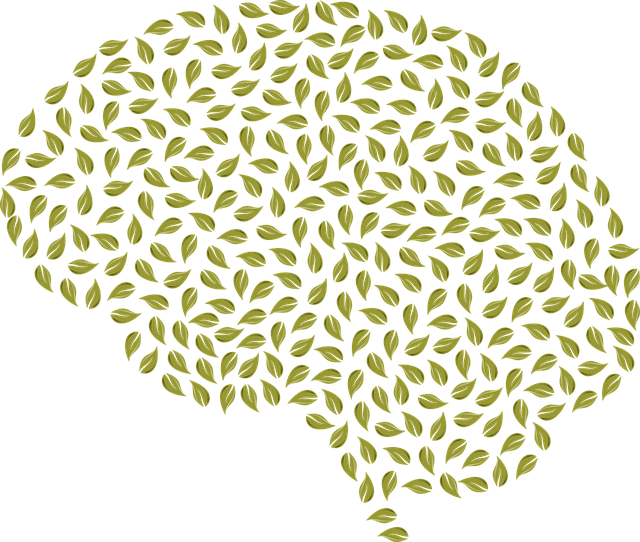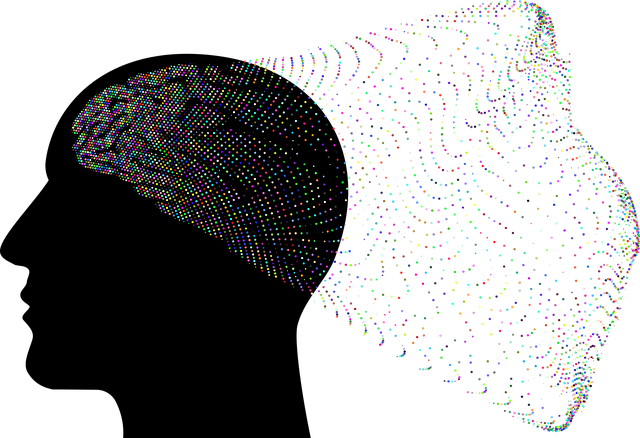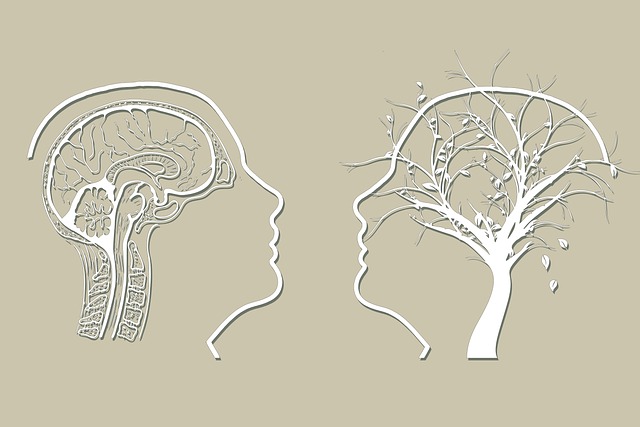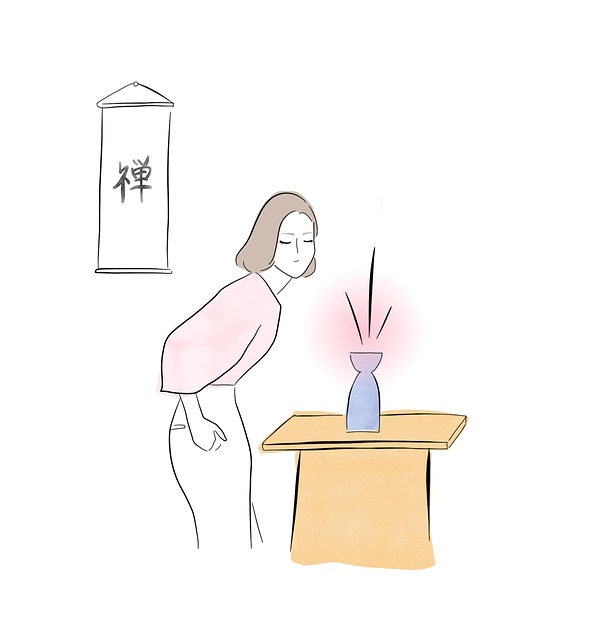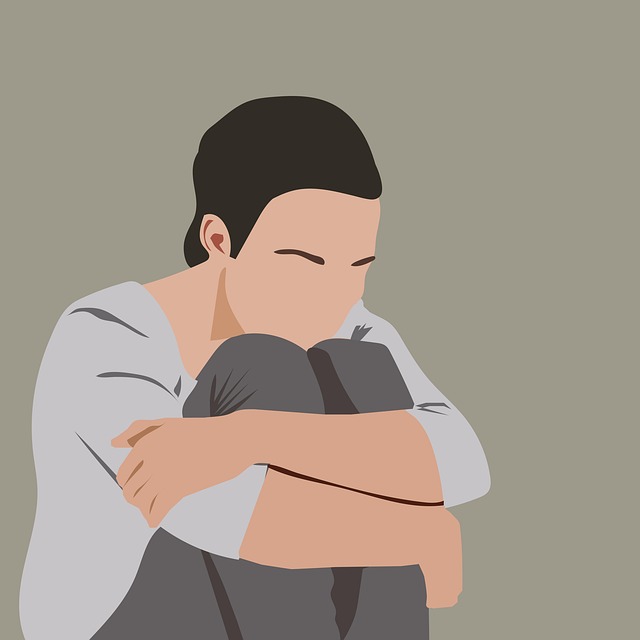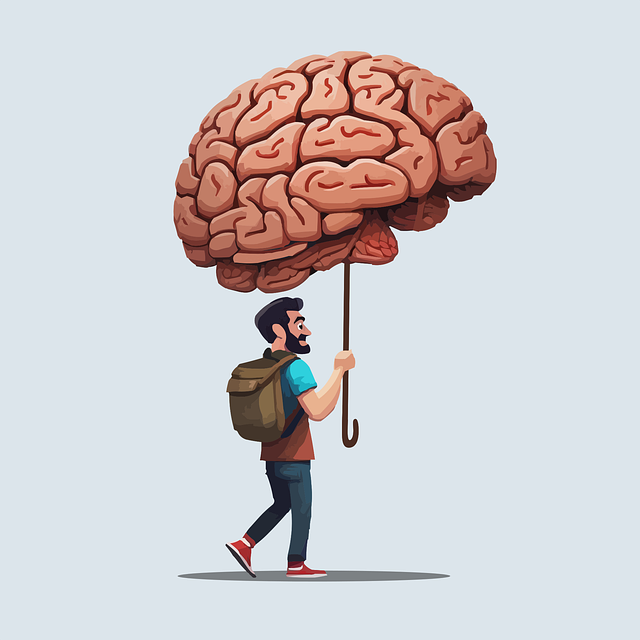Elderly individuals face unique challenges like physical decline, cognitive impairment, and social disconnection that contribute to stress and depression. Common stressors include loss, reduced mobility, and financial worries leading to isolation. Recognizing symptoms like withdrawal, changes in appetite, and memory lapses is crucial for providing therapy for elders depression. Healthcare providers use CBT, mindfulness practices, and social support networks to address emotional needs. Mental health professionals play a vital role in senior care, employing evidence-based techniques like CBT, advocating for improved policies, and promoting culturally sensitive care. Prioritizing mental wellness through lifestyle changes, alternative therapies, and therapy for elders depression ensures better well-being for the elderly population.
Stress reduction methods are crucial for maintaining the well-being of elderly individuals, who are particularly vulnerable to depression. This comprehensive article explores various therapeutic approaches tailored for seniors, delving into the causes and symptoms of stress and depression in older adults. We discuss the role of mental health professionals in senior care and provide practical lifestyle changes and self-care strategies. Additionally, alternative therapies and complementary practices for managing stress among elders are highlighted, offering a holistic approach to their mental health and overall quality of life.
- Understanding Elderly Stress and Depression: Causes and Symptoms
- Therapeutic Approaches for Stress Reduction in Elders
- The Role of Mental Health Professionals in Senior Care
- Lifestyle Changes and Self-Care Strategies for Elderly Well-being
- Alternative Therapies and Complementary Practices for Stress Management
Understanding Elderly Stress and Depression: Causes and Symptoms

Elderly individuals often face unique challenges that can contribute to stress and depression. As people age, they may experience a decline in physical health, cognitive abilities, and social connections, all of which can impact mental wellness. The loss of loved ones, reduced mobility, and financial worries are common stressors that can lead to feelings of isolation and despair. Recognizing the signs of stress and depression in the elderly is crucial for providing appropriate support and therapy for elders depression.
Symptoms can manifest differently compared to younger adults. Withdrawal from social activities, changes in appetite, insomnia, or excessive sleeping are potential indicators. Difficulty concentrating, memory lapses, and feelings of hopelessness or worthlessness may also signal underlying emotional distress. Healthcare providers play a vital role in preventing burnout by implementing effective burnout prevention strategies for healthcare providers while addressing the emotional regulation needs of elderly patients.
Therapeutic Approaches for Stress Reduction in Elders

Elders often face unique challenges when it comes to stress and its management. Therapeutic approaches tailored for this demographic can significantly improve their overall well-being. Cognitive Behavioral Therapy (CBT) is a widely recognized method that helps individuals identify and change negative thought patterns, thereby reducing stress and anxiety. This therapy has proven effective in treating depression, a common issue among elders, by teaching them coping skills to navigate stressful situations.
Additionally, techniques such as mindfulness meditation, deep breathing exercises, and yoga can be powerful tools for burnout prevention in this age group. These practices promote relaxation and enhance emotional resilience. Moreover, social support networks play a crucial role in stress reduction. Encouraging elders to engage in community activities or join support groups can foster meaningful connections, combat feelings of isolation, and provide an outlet for expressing emotions, thereby improving their ability to cope with stressful events.
The Role of Mental Health Professionals in Senior Care

Mental health professionals play a pivotal role in senior care, offering invaluable support to elders facing various challenges, including depression. As the elderly population grows, so does the demand for specialized services addressing their unique mental health needs. These professionals employ evidence-based therapy techniques tailored to seniors, such as cognitive-behavioral therapy (CBT), which has proven effective in treating depression and anxiety. By integrating therapy for elders with depression into care plans, senior living facilities can significantly enhance residents’ overall well-being.
Beyond individual therapy, mental health experts contribute to the broader community by advocating for improved mental health policies. They engage in policy analysis, offering insights on best practices and strategies to improve access to care, especially for marginalized populations. Through advocacy efforts, they promote conflict resolution techniques that foster healthier environments within senior care settings, ensuring residents receive compassionate, culturally sensitive support tailored to their mental health journey.
Lifestyle Changes and Self-Care Strategies for Elderly Well-being

For elderly individuals, maintaining mental wellness is paramount to overall well-being. As we age, adopting lifestyle changes and self-care strategies become essential tools in managing stress and promoting a sense of calm. Simple adjustments like regular exercise, tailored to an individual’s abilities, can significantly improve mood and reduce feelings of anxiety. Incorporating hobbies, social interactions, and meaningful activities into daily routines provides elders with purpose and enhances their quality of life.
Additionally, prioritizing sleep hygiene and practicing mindfulness techniques can be powerful stress reduction methods. Encouraging the use of therapy for elders depression, along with trauma support services, ensures that those facing mental health challenges receive the necessary care. By combining these therapeutic approaches with a focus on physical activity and engaging social connections, elderly individuals can foster resilience, maintain independence, and embrace a more fulfilling life.
Alternative Therapies and Complementary Practices for Stress Management

Alternative therapies and complementary practices have gained significant attention as effective tools for stress management, especially in recent years. These non-conventional methods offer a holistic approach to well-being, focusing on treating the mind, body, and spirit as interconnected entities. Practices such as mindfulness meditation, yoga, and acupuncture have been scientifically proven to reduce stress hormones and promote emotional balance. For elders dealing with depression, these therapies can be particularly beneficial, offering gentle yet powerful ways to navigate through difficult emotions and enhance overall mental health.
The integration of alternative treatments into mainstream healthcare is an evolving trend, driven in part by public awareness campaigns focused on emotional well-being promotion techniques. By combining conventional medicine with complementary practices, professionals are able to address the multifaceted nature of stress and its impact on various aspects of life. This comprehensive approach not only aids in managing existing conditions but also fosters self-esteem improvement and a deeper sense of control over one’s mental health.
Stress reduction is a vital aspect of elderly care, as it can significantly improve overall well-being. By understanding the unique causes and symptoms of stress and depression in seniors, we can employ effective therapeutic approaches tailored to their needs. Mental health professionals play a crucial role in senior care, offering specialized support and guidance. Additionally, lifestyle changes and self-care strategies empower elders to manage stress proactively. Integrating alternative therapies further enhances these practices, providing comprehensive solutions for stress management among the elderly population. Through a holistic approach combining various methods, we can effectively address and alleviate therapy for elders depression.
